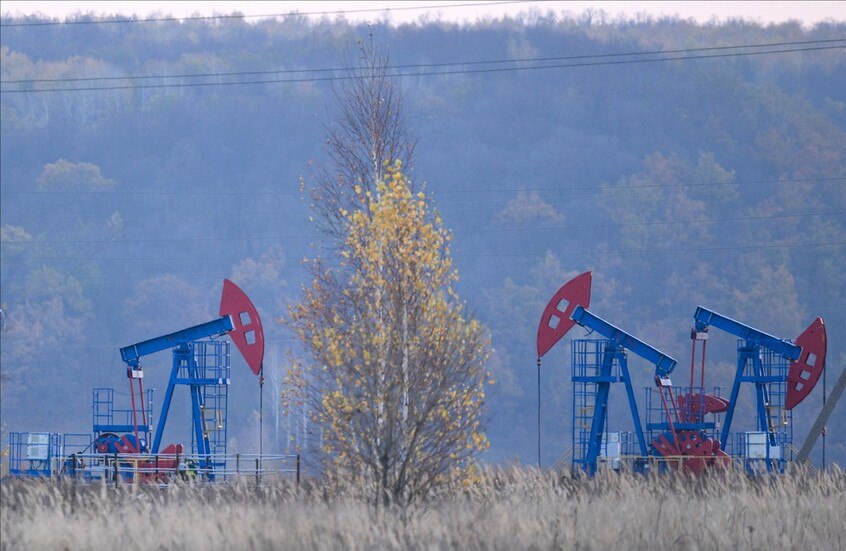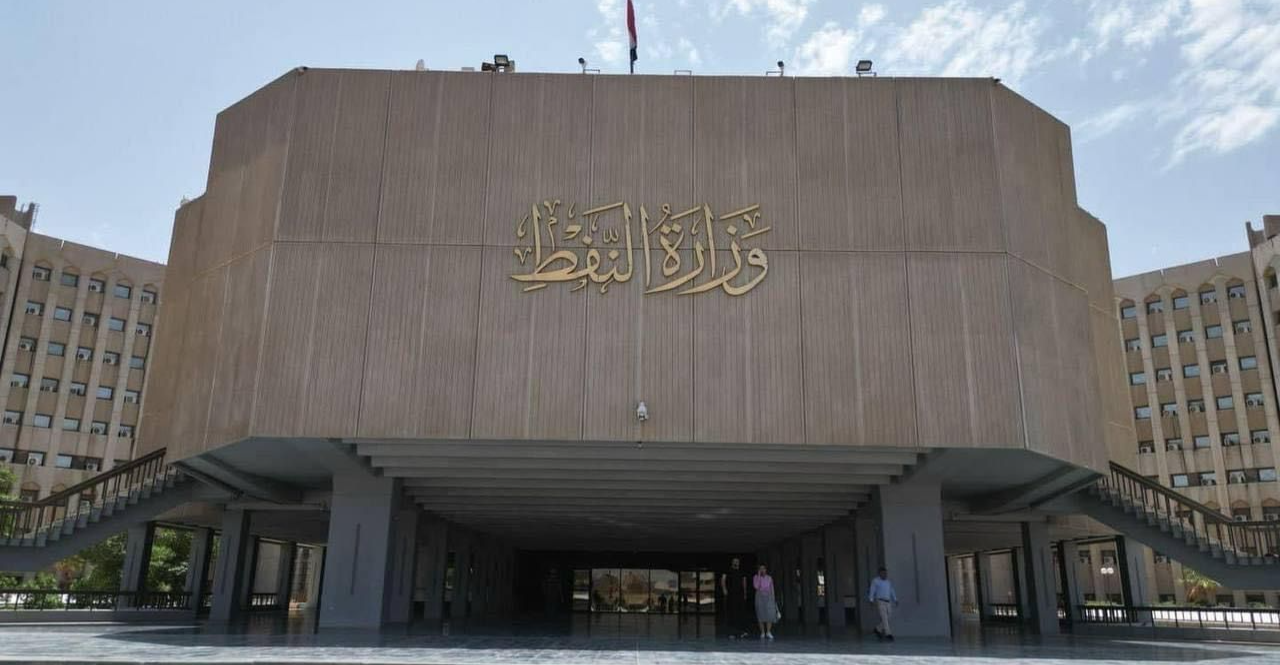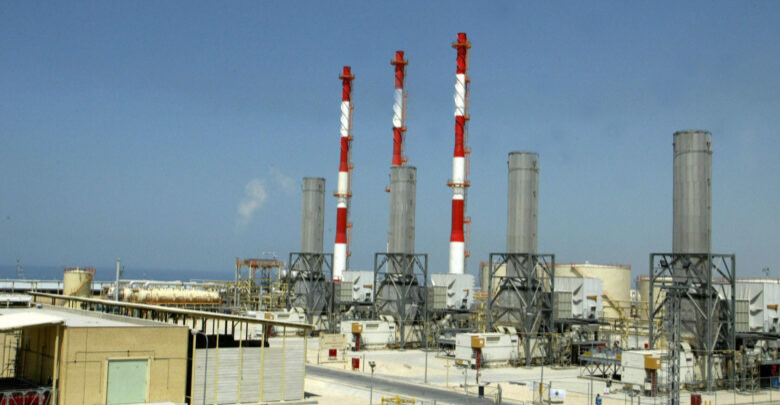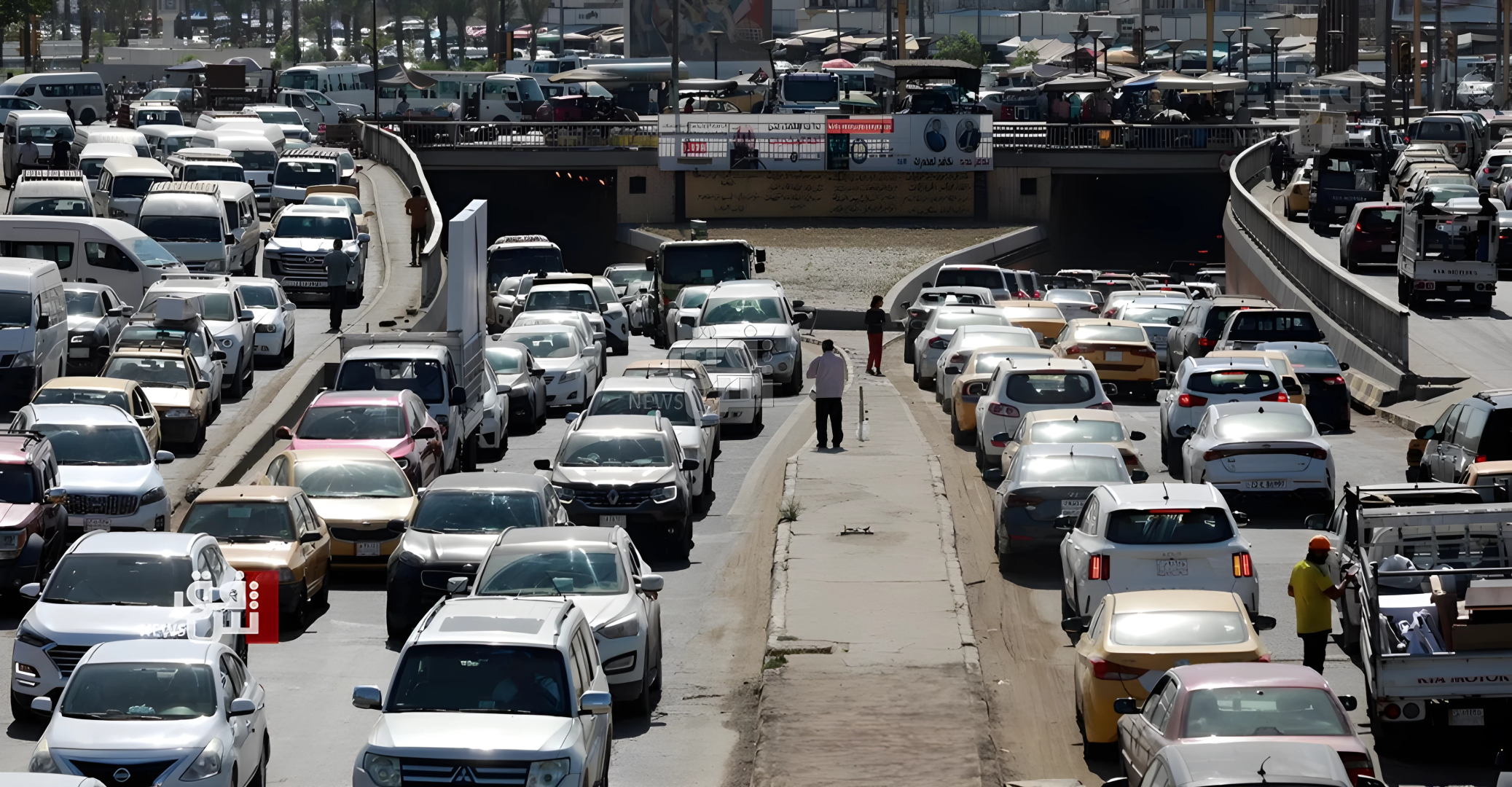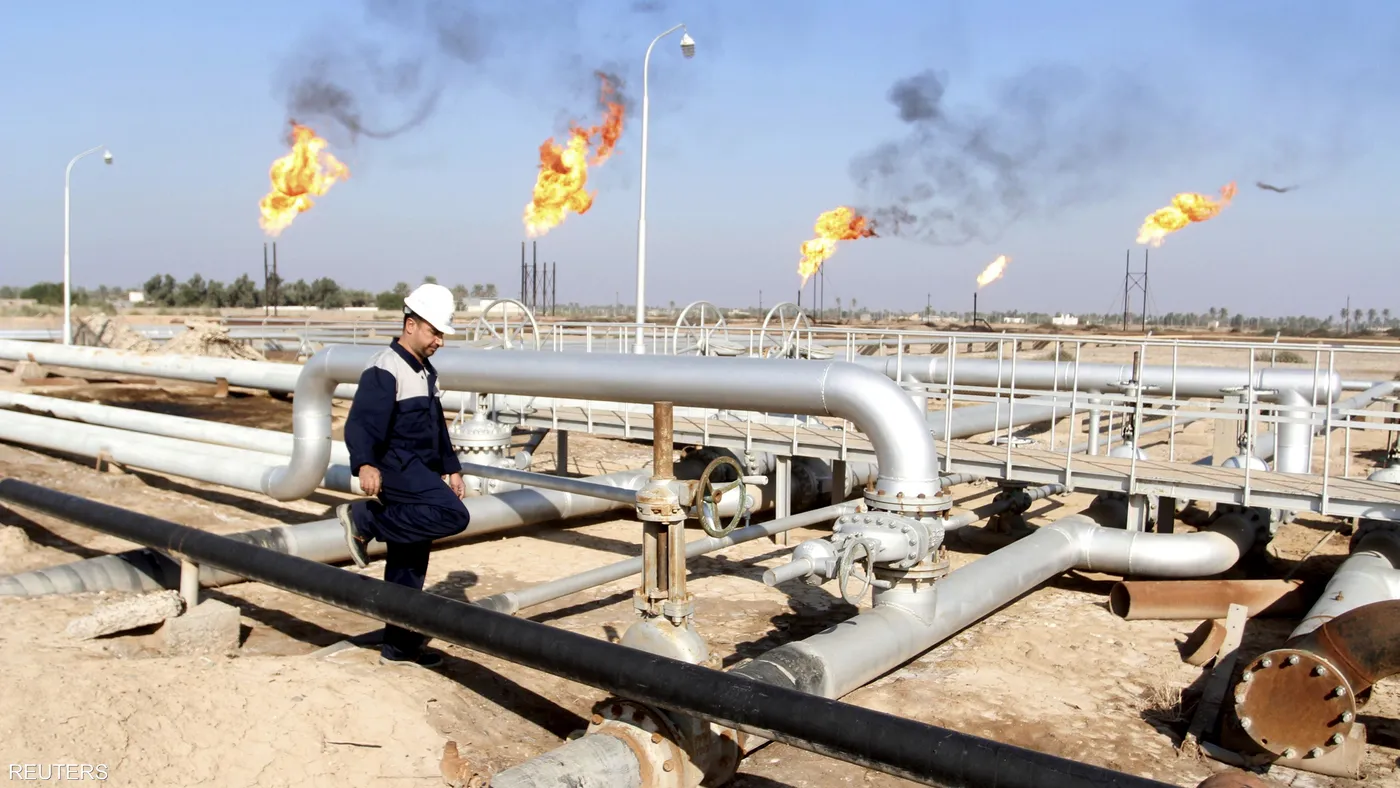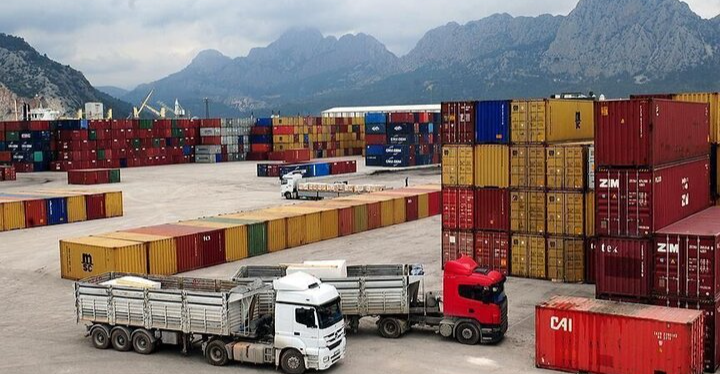Arab OPEC ministers meet in Doha as COP28 discusses phasing out oil and gas
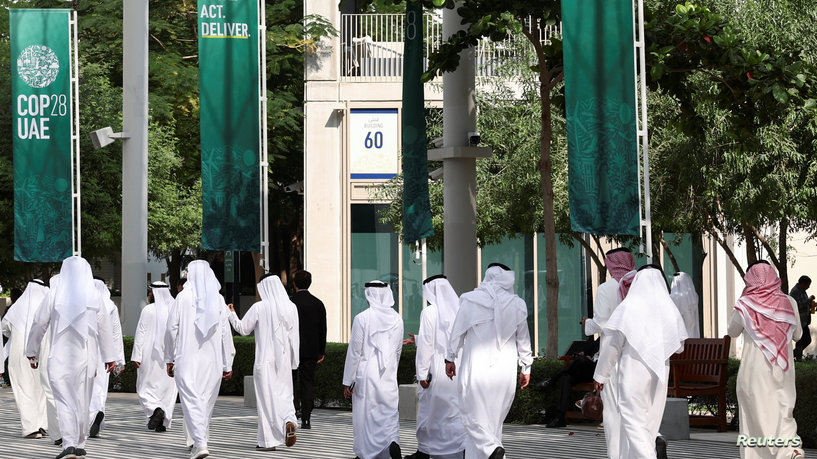
Shafaq News/ OPEC's top Arab energy ministers arrived in Doha on Monday for the 12th Arab Energy Conference as countries clash at the UN's COP28 climate summit over a possible agreement to phase-out fossil fuels.
OPEC Secretary General Haitham Al Ghais in a letter dated Dec. 6 and seen by Reuters urged OPEC members to reject any COP28 deal which targets fossil fuels rather than emissions.
Countries in the Organization of the Petroleum Exporting Countries (OPEC) hold about 80% of the world's proven oil reserves, most of which is concentrated among Middle Eastern members.
For the majority of those countries, oil revenue is the main source of income, so any message from COP28 aimed at slashing oil and gas demand becomes a question of survival.
Ministers from Iraq, Kuwait, Algeria, Libya and non-OPEC member Oman arrived for the energy meeting, as well as Saudi Energy Minister Prince Abdulaziz bin Salman who had been in Dubai for the U.N climate summit.
United Arab Emirates Energy Minister Suhail Mohamed Al Mazrouei was absent.
The UAE, the second Arab country to host the climate summit after Egypt in 2022 and an OPEC member, has alongside other Gulf energy producers called for what they consider a more realistic energy transition in which fossil fuels retain a role in securing energy supply while industries decarbonise.
Sultan Al Jaber, who is chief of UAE state oil giant ADNOC, is president of COP28, and has maintained that a phase down of fossil fuels is inevitable and essential, but as part of a transition that takes into account the circumstances of each country and region.
Saudi Arabia, the de-facto leader of OPEC, and top ally Russia are among several countries insisting that the COP28 conference in Dubai targets emissions, rather than the fossil fuels causing them, according to observers in the negotiations.
Qatar, which left OPEC in 2018, but whose position is largely aligned with other oil- and gas-producing nations, said that it had invested tens of billions of dollars in its LNG industry, even when many doubted the feasibility of such investments.
"Our decision at the time was based on a realistic understanding of market fundamentals and efforts to reduce global carbon emissions," Saad al-Kaabi, the head of Qatar's state-run energy company, told the conference.
At least 80 countries including the United States, the European Union and many poor, climate-vulnerable nations are demanding that a COP28 deal call clearly for an eventual end to fossil fuel use.
"Kuwait works according to a policy based on preserving the sources of petroleum wealth and their optimal exploitation and development," Oil Minister Saad Al Barrak said, adding that oil was a primary source energy for Kuwait and the rest of the world.
Like Kaabi, Barrak also spoke of the importance of investing in order to increase production capacity for fossil fuel-based energy resources.
Deals at U.N. climate summits must be passed by consensus among the nearly 200 countries present. The summits aim to establish a consensus on the world's next steps to address climate change - though it is up to individual countries to ensure it happens through their national policies and investments.
COP28 is scheduled to end on 12 December, as is the two-day 12th Arab Energy Conference.

